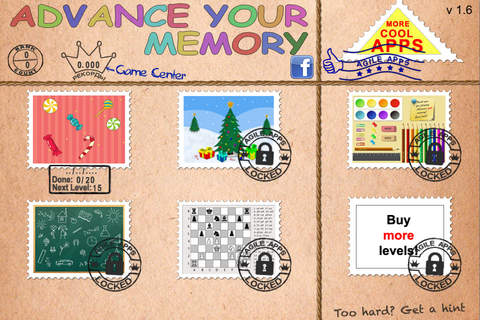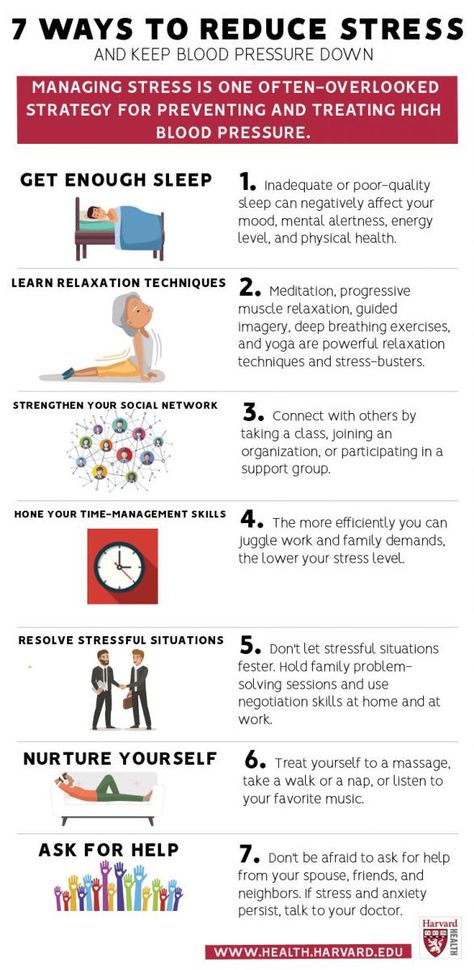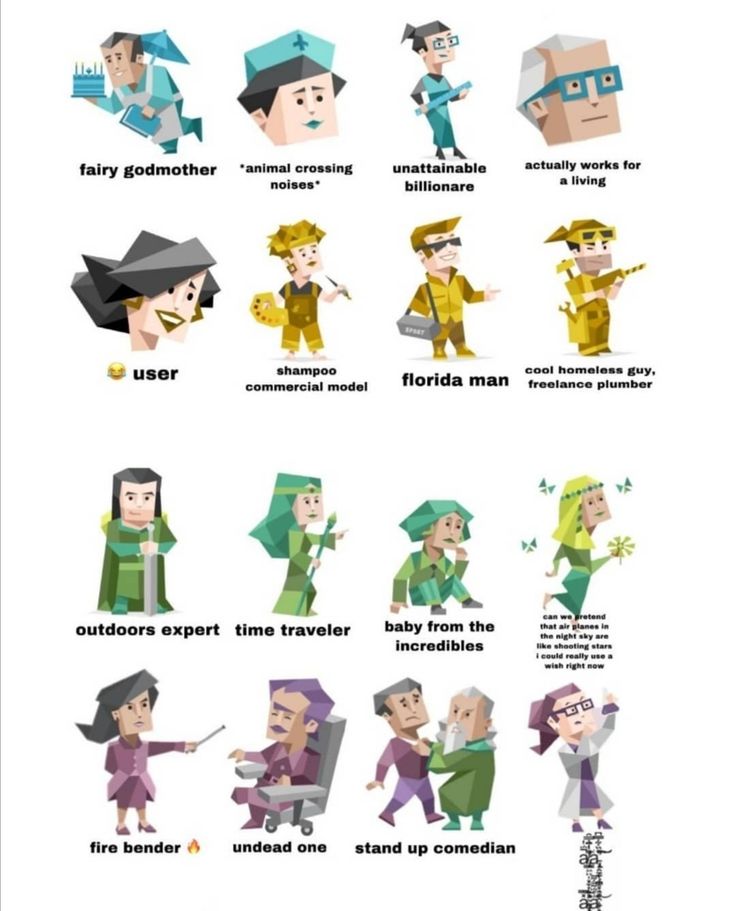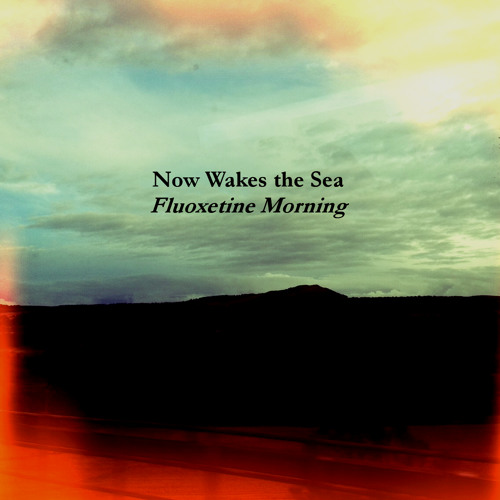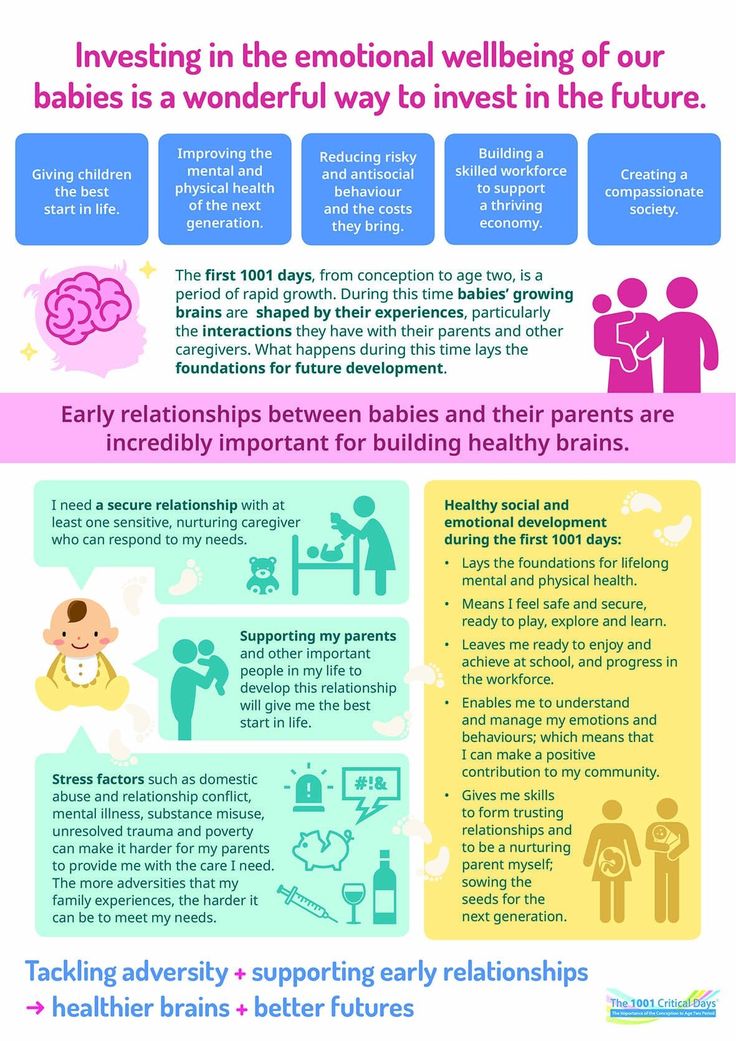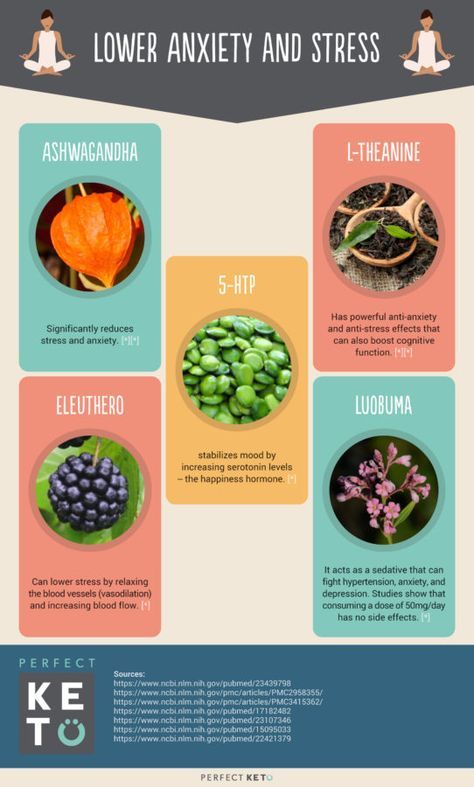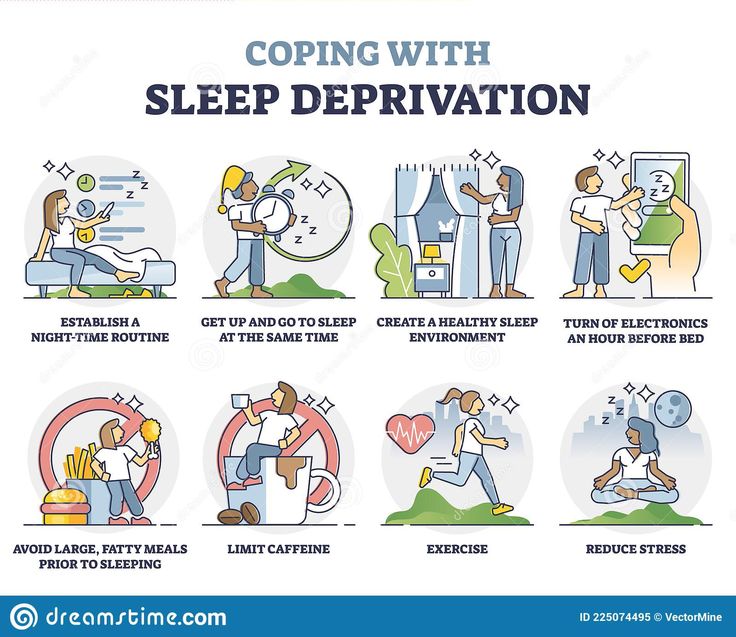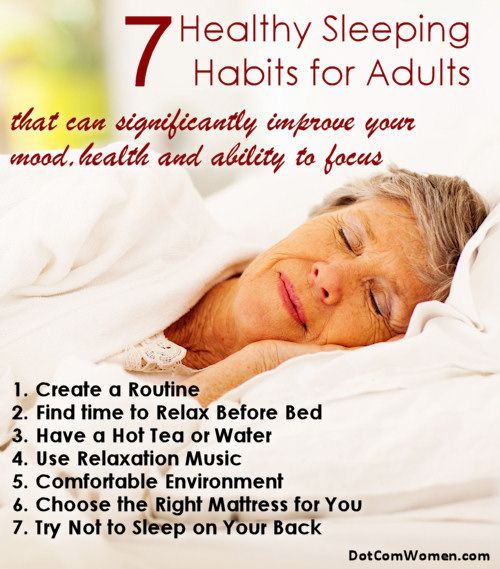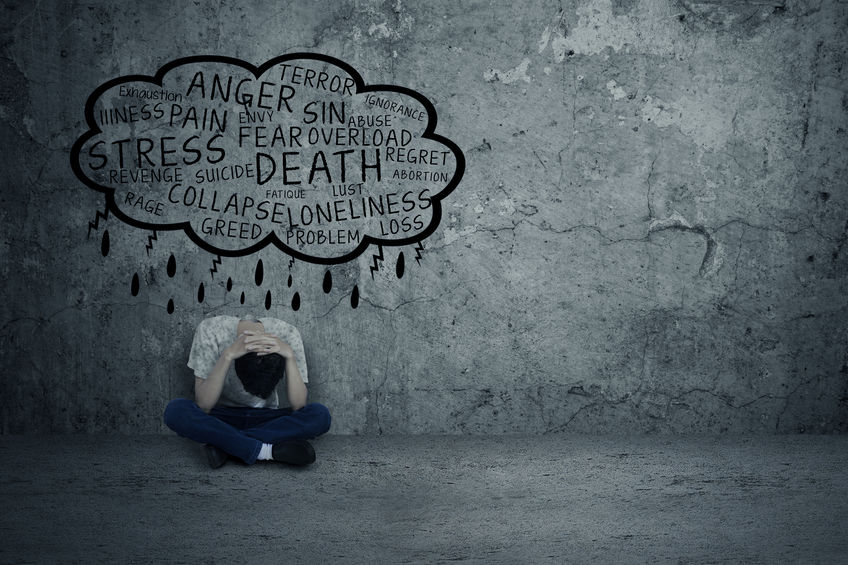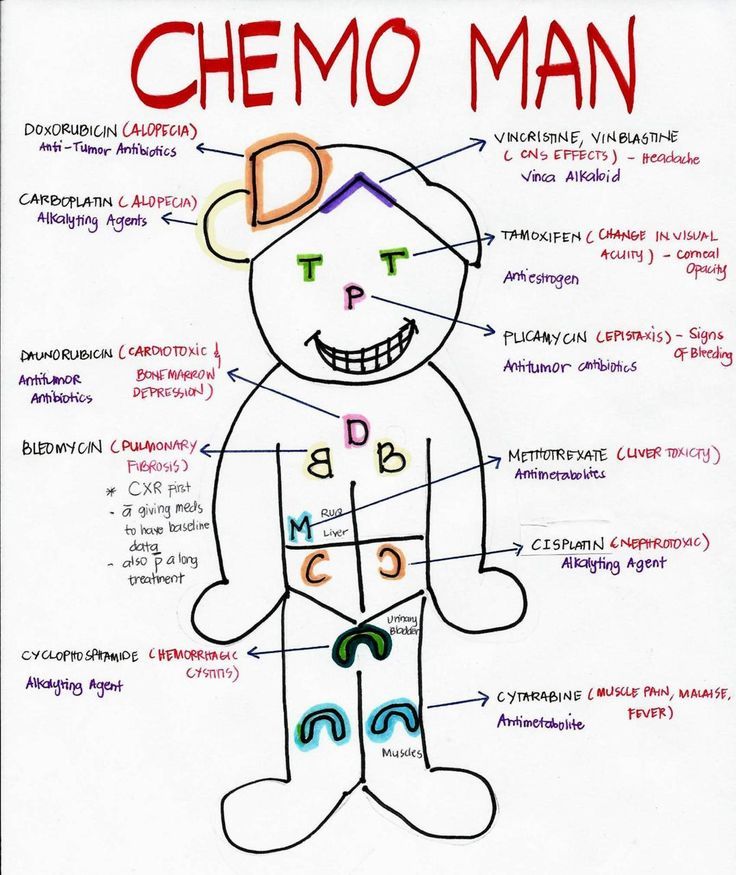What's your first memory
Your first memory is probably older than you think
What’s your earliest memory? Statistically speaking, it’s likely from when you were two-and-a-half years old, according to a new study.
Image credits Ryan McGuire.Up to now, it was believed that people generally form their earliest long-term memories around the age of three-and-a-half. This initial “childhood amnesia” is, to the best of our knowledge, caused by an overload of the hippocampus, an area heavily involved in the formation and retention of long-term memory, in the infant brain.
However, new research is pushing that timeline back by a whole year — it’s just that we don’t usually realize we have these memories, for the most part.
There, but fuzzy
“When one’s earliest memory occurs, it is a moving target rather than being a single static memory,” explains lead author and childhood amnesia expert Dr. Carole Peterson, from the Memorial University of Newfoundland.
“Thus, what many people provide when asked for their earliest memory is not a boundary or watershed beginning, before which there are no memories.
Rather, there seems to be a pool of potential memories from which both adults and children sample. And, we believe people remember a lot from age two that they don’t realize they do.”
Dr. Peterson explains that remembering early memories is like “priming a pump”: asking an individual to remember their earliest memory, and then asking them for more, generally allows them to recall even earlier events than initially offered, even things that happened a year before their ‘first’ memory. Secondly, she adds, the team has documented a tendency among people to “systematically misdate” their memories, typically by believing they were older during certain events than they really were.
For this study, she reviewed 10 of her research articles on childhood amnesia along with both published and unpublished data from her lab gathered since 1999. All in all, this included 992 participants, with the memories of 697 of them also being compared to the recollections of their parents.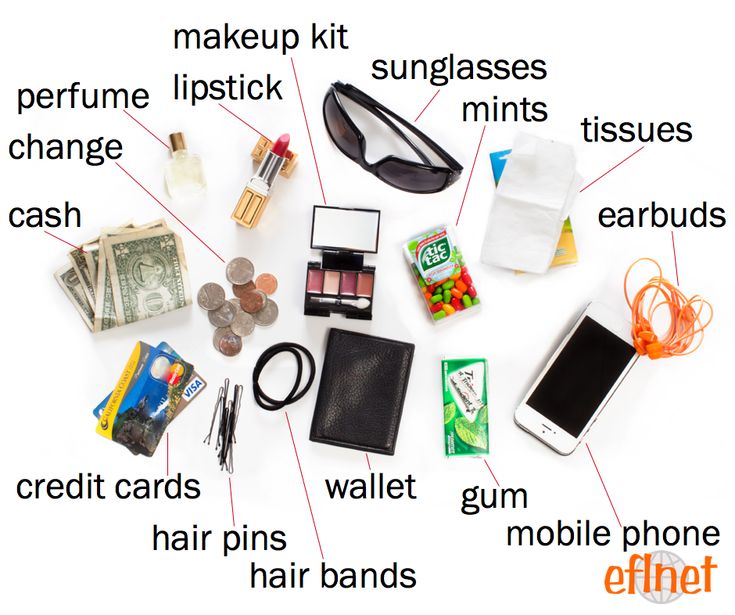 This dataset heavily suggests that people tend to overestimate how old they were at the time of their first memories — as confirmed by their parents.
This dataset heavily suggests that people tend to overestimate how old they were at the time of their first memories — as confirmed by their parents.
This isn’t to say that our memories aren’t reliable. Peterson did find evidence that, for example, children interviewed after two and eight years had passed since their earliest memory were still able to recall the events reliably, but tended to give a later age when they occurred in subsequent interviews. This, she believes, comes down to a phenomenon called ‘telescoping’.
“Eight years later many believed they were a full year older. So, the children, as they age, keep moving how old they thought they were at the time of those early memories,” says Dr. Peterson. “When you look at things that happened long ago, it’s like looking through a lens. The more remote a memory is, the telescoping effect makes you see it as closer. It turns out they move their earliest memory forward a year to about three and a half years of age.
But we found that when the child or adult is remembering events from age four and up, this doesn’t happen.”
By comparing the information provided by participants with that provided by their parents, Dr. Peterson found that people likely remember much earlier into their childhood than they think they do. Those memories are also accessible, generally, with a little help. “When you look at one study, sometimes things don’t become clear, but when you start putting together study after study and they all come up with the same conclusions, it becomes pretty convincing,” she adds, admitting that this lack of hard data is quite a serious limitation on her work.
According to her, all research in this field suffers from the same lack of hard, verifiable data. Going forward, she recommends that research into childhood amnesia needs verifiable proof — either in the shape of independently confirmed memories or through documented external dates against which memories can be compared — as this would prevent errors from both participants and their parents, thus improving the reliability of the results.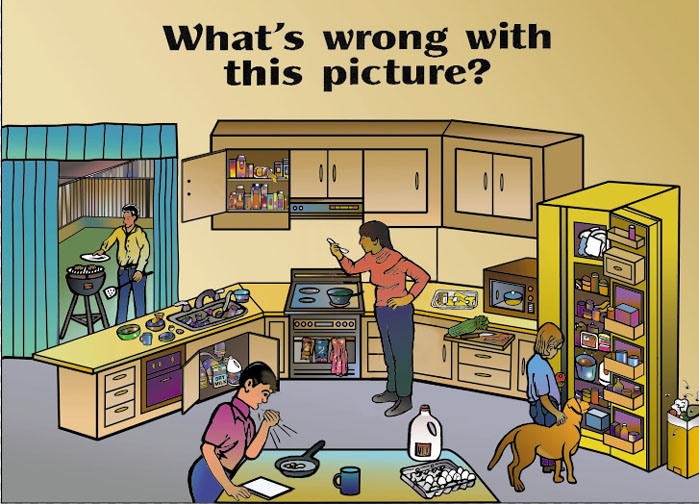
The paper “What is your earliest memory? It depends” has been published in the journal Memory.
Tags: brainmemorymindtelescoping
What is your first memory – and did it ever really happen?
Lucy V Justice, Nottingham Trent University, Martin Conway, City, University of London, Shazia Akhtar, University of Bradford
Authors
- Lucy V Justice
Lecturer in Psychology, Nottingham Trent University
- Martin Conway
Professor of Cognitive Psychology, City, University of London
- Shazia Akhtar
Postdoctoral researcher, University of Bradford
Disclosure statement
The authors do not work for, consult, own shares in or receive funding from any company or organisation that would benefit from this article, and have disclosed no relevant affiliations beyond their academic appointment.
Partners
City, University of London and University of Bradford provide funding as founding partners of The Conversation UK.
Nottingham Trent University provides funding as a member of The Conversation UK.
View all partners
Languages
- Bahasa Indonesia
- English
I can remember being a baby. I recall being in a vast room inside a doctor’s surgery. I was passed to a nurse and then placed in cold metal scales to be weighed.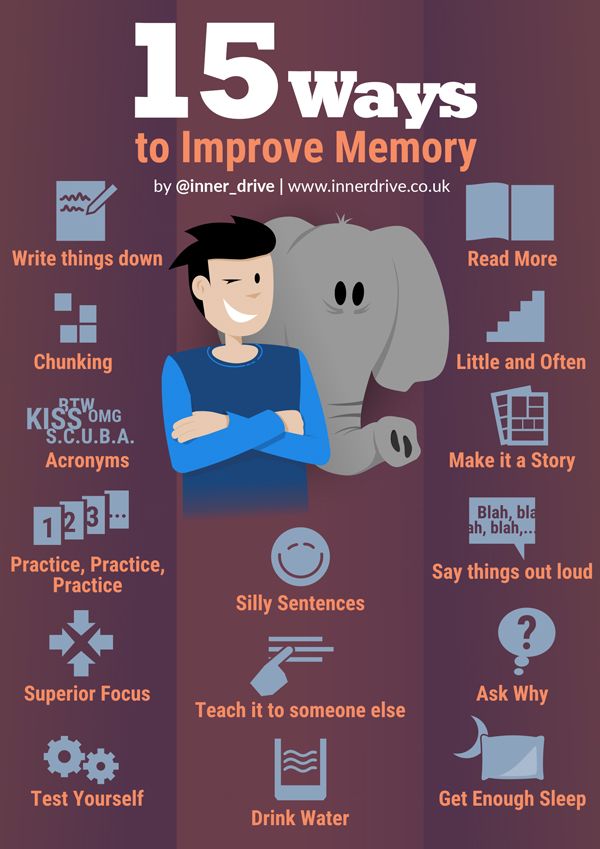 I was always aware that this memory was unusual because it was from so early in my life, but I thought that perhaps I just had a really good memory, or that perhaps other people could remember being so young, too.
I was always aware that this memory was unusual because it was from so early in my life, but I thought that perhaps I just had a really good memory, or that perhaps other people could remember being so young, too.
What is the earliest event that you can remember? How old do you think you are in this memory? How do you experience the memory? Is it vivid or vague? Positive or negative? Are you re-experiencing the memory as it originally happened, through your own eyes, or are you watching yourself “acting” in the memory?
In our recent study, we asked more than 6,000 people of all ages to do the same, to tell us what their first autobiographical memory was, how old they were when the event happened, to rate how emotional and vivid it was and to report what perspective the memory was “seen” from. We found that on average people reported their first memory occurring during the first half of the third year of their lives (3.24 years to be precise). This matches well with other studies that have investigated the age of early memories.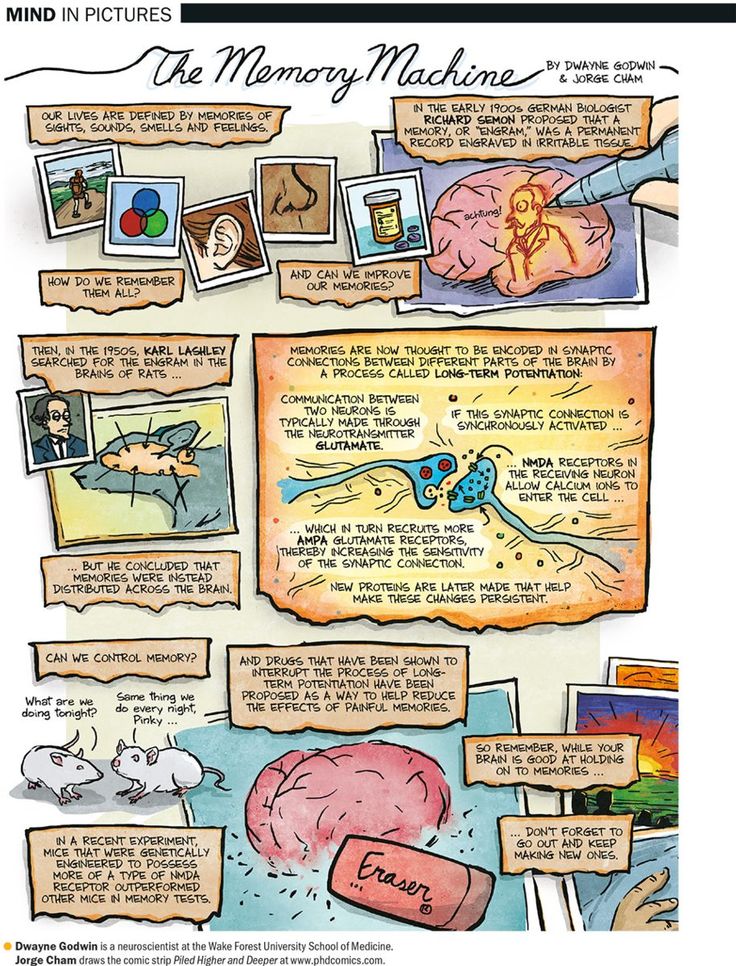
Read more: Why can't we remember our early childhood?
What does this mean for my memory of being a baby then? Perhaps I do just have a really good memory and can remember those early months of life. Indeed, in our study, we found that around 40% of participants reported remembering events from the age of two or below – and 14% of people recalled memories from age one and below. However, psychological research suggests that memories occurring below the age of three are highly unusual – and indeed, highly improbable.
The origin of memory
Researchers who have investigated memory development suggest that the neurological processes needed to form autobiographical memories are not fully developed until between the ages of three and four years. Other research has suggested that memories are linked to language development. Language allows children to share and discuss the past with others, enabling memories to be organised in a personal autobiography.
So how can I remember being a baby? And why did 2,487 people from our study remember events that they dated from the age of two years and younger?
One explanation is that people simply gave incorrect estimates of their age in the memory. After all, unless confirmatory evidence is present, guesswork is all we have when it comes to dating memories from across our lives, including the very earliest.
Was that really what your teddy looked like? ShutterstockBut if incorrect dating explained the presence of these memories, we would expect that they would be about similar events to those memories from ages three and above. But this was not the case – we found that very early reported memories were of events and objects from infancy (pram, cot, learning to walk) whereas older memories were of things typical of childhood (toys, school, holidays). This finding meant that these two groups of memories were qualitatively different and ruled out the misdating explanation.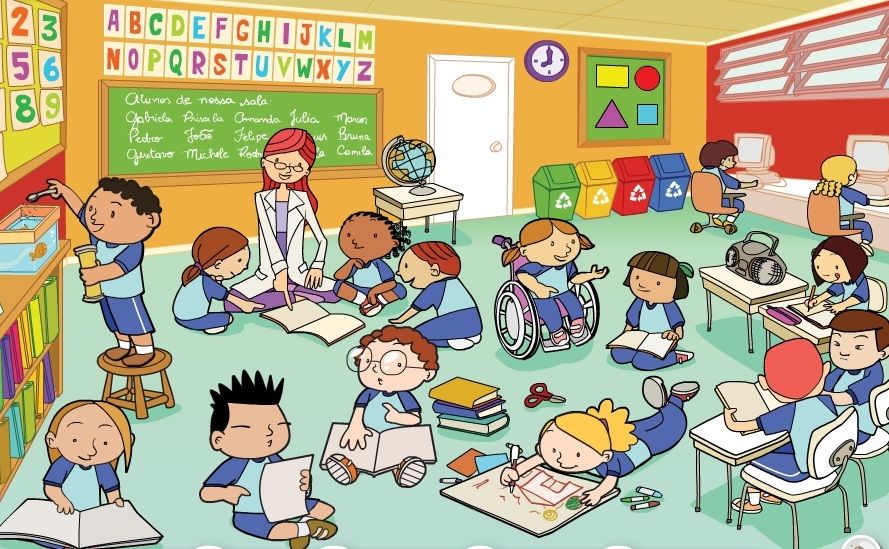
If research tells us that these very early memories are highly unlikely, and we have ruled out a misdating explanation, then why do people, including me, have them?
Pure fiction?
We concluded that these memories are likely to be fictional – that is, that they never in fact occurred. Perhaps, rather than recalling an experienced event, we recall imagery derived from photographs, home movies, shared family stories or events and activities that frequently happen in infancy. These facts are then, we suggest, linked with some fragmentary visual imagery and are combined together to form the basis of these fictitious early memories. Over time, this combination of imagery and fact begins to be experienced as a memory.
Read more: Serial: your memory can play tricks on you – here’s how
Although 40% of participants in our study retrieved these fictitious memories, they are not altogether surprising. Contemporary theories of memory highlight the constructive nature of memory; memories are not “records” of events, but rather psychological representations of the self in the past.
Contemporary theories of memory highlight the constructive nature of memory; memories are not “records” of events, but rather psychological representations of the self in the past.
In other words, all of our memories contain some degree of fiction – indeed, this is the sign of a healthy memory system in action. But perhaps, for reasons not yet known, we have a psychological need to fictionalise memories from times of our lives that we are unable to remember. For now, these “stories” remain a mystery.
- Memory
- Childhood
What is your first childhood memory? ) - Question
is your first childhood memory? ) - QuestionerDS
Dmitriy Sytnyk
- childhood
- memory
Alexander Safronoff
Squares
IG
Irishka Gynga
There are a lot of pictures and so many that I don't even know exactly which event was earlier, which later.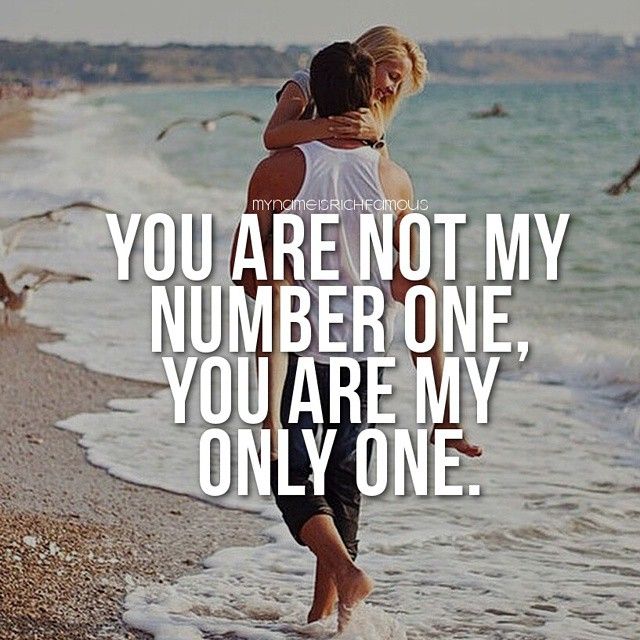 I only remember that there was joy, there was a sense of security, everything was brighter and tastier ... and more dreams... even the most childish ones seemed so reachable! )) nine0003
I only remember that there was joy, there was a sense of security, everything was brighter and tastier ... and more dreams... even the most childish ones seemed so reachable! )) nine0003
Victoria Kalinicheva
swearing, fights, swearing, drinking, broken dishes, torn clothes .... thanks to parents, father in particular!
Dmitry Puchkov
you didn't hit here, beauty. I remember almost everything from the age of 3. I remember the bed. I remember stories. A kindergarten - it finally can clearly. I recognize on the face - with whom I was (probably). I remember I was four. We are sitting in the nursery. They slept there. On foldouts. And there were lessons. The teacher is like this - name what animals you know. Well, everything is a hedgehog. Okay, Masha. Bear - well done, Yura. And te de. Well, it's boring. I pull my hand. Dinosaurs. Everything is hahahaha. And this fool did not understand humor. And put me in a corner. nine0003 GM
Galina Mishlanova
I am on a white sofa and a black square of an open basement
Nicholas
I took a knife and wanted to cut myself
DM
Damira Mavlyanova
The smell of a haystack under the summer sun when you fly into it with a running start.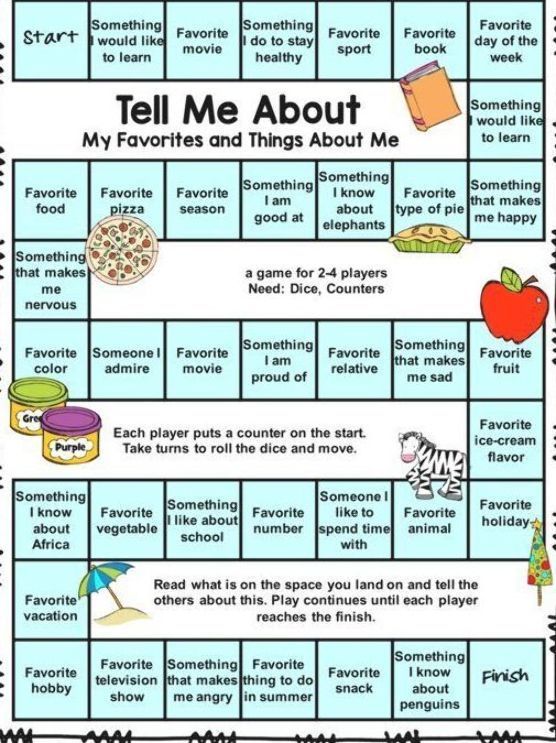
SE
Sergey Ershov
Christmas tree, gift, wrinkled apple...
SZ
Stepan Zaretsky
As for the first, not the first, I won't say...
But I remember how they swept me into the police station = as soon as I learned to walk ...
TD
Tatyana Davydova
I remembered so much at once, I remember how my dad bought me a hockey stick! then I rushed with her all over the apartment, still looking forward to winter, to play hockey with my best friend. but she didn’t live to see the winter, since dad didn’t leave it all xD he bought me a sled (an aluminum frame with a wooden gray, can anyone remember?), every day he rode a hill and my mother also drove me to the kindergarten, on the same sled. I was so happy0057 just think, that was 15 years ago
AP
Alexander Panferov
I was a little over a year old, I fell into a puddle in a white jacket, and my mother, instead of scolding, began to laugh.
EK
Elena Kosilova
The very first is very vague, I was 1 year old then, I roar and some evil old woman puts me and some other boy to sleep. Later, the mother said that it was her grandmother, that is, her mother, and the boy, my older brother. All this happened in Pushkin near St. Petersburg, where my parents left Chisinau out of harm's way, because there at 1949, unreasonable overnight arrests began.
Alexander Kim
... a tube from the chest and on it a flask stuck with adhesive tape to collect fluid ... I was then 8 months old (bilateral otitis media, then I almost died, but in vain)
at 3 years old playpen and I am in it, in front of me is a reel-to-reel tape recorder and music "zodiac"
YUD
Yulia Dmitrieva
When the trees were big...
Related questions
What or what memories, moments of life bring you back to childhood?
What is your best childhood memory?
What are your childhood memories?
The name of the cartoon (according to childhood memories)
What are your childhood memories?
Where did you spend your summer holidays as a child? Share a pleasant memory.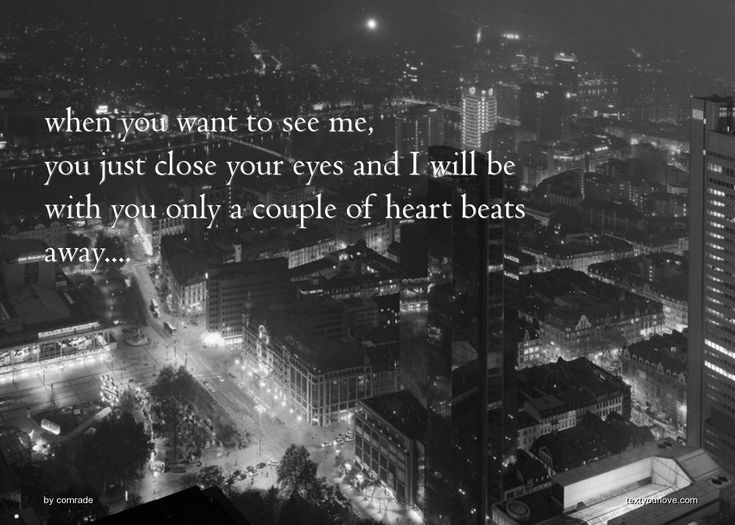 ...))))))))
...))))))))
Do you have more joy or pain in your childhood memories? To remember a happy state - You can remember this
If you take a vivid memory from your childhood and concentrate on it, memories of that time about
What smells evoke childhood memories in you?
..Do you have such childhood memories..
Scientists have found out when a person's first memories appear
The first memories appear in a person at the age of two and a half years, experts from the USA found out. However, with age, we tend to believe that we were older at the time of certain events than we really are. In addition, extracting early memories from memory is quite simple - just ask a person to name their very first memory. The researchers hope that these data will be useful in research on childhood amnesia. nine0003
According to earlier studies, people remember themselves from the age of three and a half years. Childhood amnesia expert Dr. Carol Peterson of Memorial University of Newfoundland and her colleagues suggested that first memories may actually appear much earlier.
Carol Peterson of Memorial University of Newfoundland and her colleagues suggested that first memories may actually appear much earlier.
“When a person first has memories, they are not fixed in one point, and their perception can change,” says Peterson. - Therefore, what people call the first memory does not always turn out to be such, does not represent a certain border, up to which there are no memories. nine0003
Rather, there is a certain pool of early memories from which both adults and children choose something.”
However, if you ask a person to name their first memory and then ask for a few more, they can describe events that happened earlier—sometimes as much as a year, Peterson notes. In addition, people often mistakenly date memories and believe that they were older at the time of certain events than they really are.
Peterson has been involved in memory research, especially the ability of children and adults to remember the first years of life, for more than 20 years.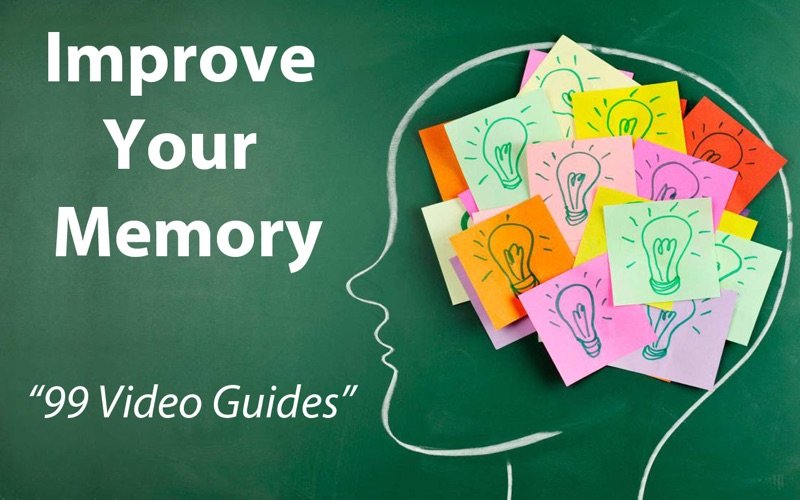 For the study, she selected 10 of her scientific articles on childhood amnesia, and also used previously unpublished data collected from 1999 years. The team outlined the findings in an article in the journal Memory .
For the study, she selected 10 of her scientific articles on childhood amnesia, and also used previously unpublished data collected from 1999 years. The team outlined the findings in an article in the journal Memory .
In total, the Peterson team studied the memories of 992 people. In 697 cases, the researchers also had data on the memories of the participants' parents.
As it turned out, people really think that at the time of the first memories they were older - this is clear from the stories of parents who remember how old the child was at the time of certain events.
"The child said that the event happened when he was three years old, and his parents corrected him - no, then he was two," says Peterson. nine0003
This is also indicated by the responses received from participants at different ages. In different years they described the same events, but as they grew older, they believed that they were older at that time.
“Eight years after the memorable events, many thought they were a full year older then,” says Peterson.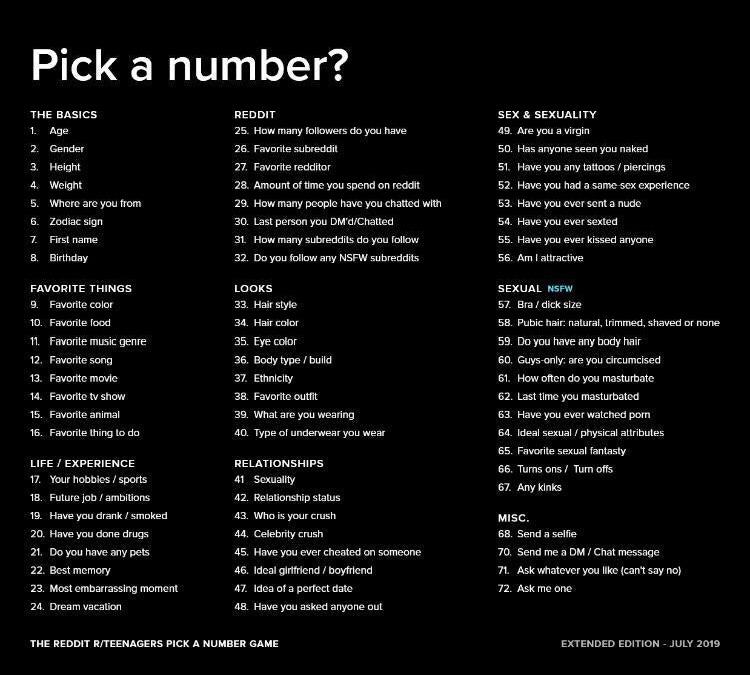 “Thus, over time, children change their opinion about the age at which they were at the remembered moment.”
“Thus, over time, children change their opinion about the age at which they were at the remembered moment.”
This effect is called telescoping, she says. nine0003
“When you think about something that happened a long time ago, it's like looking through a lens,” Peterson explains. “The more distant the memory, the closer it seems because of the telescoping effect. This is how children attribute a whole year to their early memories. But we found that when a child or adult remembers events that happened at age four and older, this no longer happens.”
According to the researchers, the work shows that people actually remember much earlier events than they think, and accessing these memories is quite easy. nine0003
"One study doesn't tell the whole story, but when case after case shows the same findings, it's pretty compelling," says Peterson.
Given the perceptual distortions that lead to errors in the dating of memories, it is clear that the first memories actually belong to earlier years than is commonly believed, the researchers conclude.